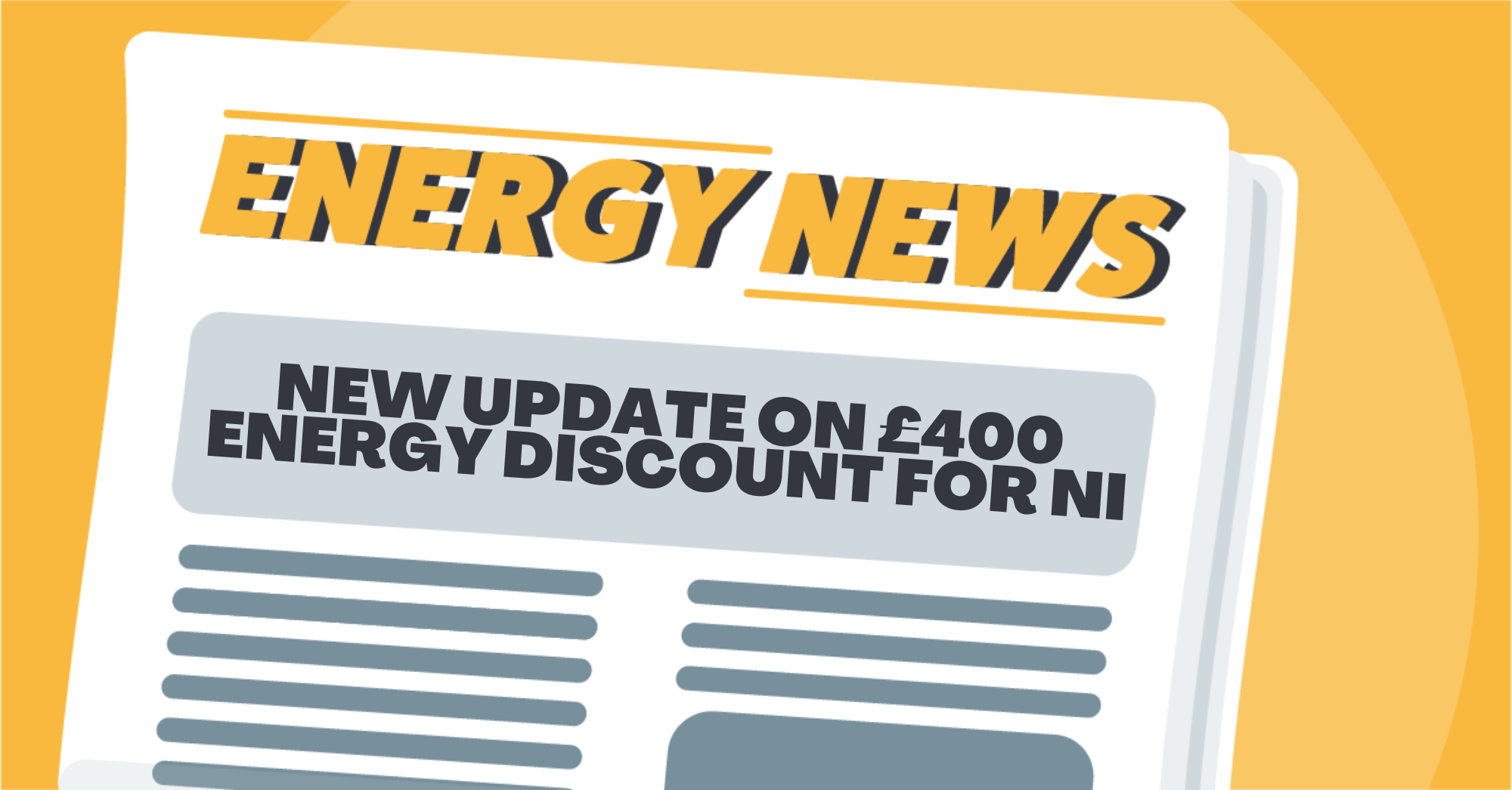While households in Great Britain are supposed to start receiving a £400 discount on their energy bills come the autumn, Northern Ireland remains in a state of uncertainty.
In GB the £400 will be paid across 6 instalments, beginning with £66 off energy bills in October and November, and then £67 December through to March. However, due to the lack of a functioning executive, it’s unclear as to how and when this will begin for Northern Ireland. It has been argued that a simpler approach would be to pay the money to households in one go which would make the scheme easier to manage and mean customers get the full value of the support now when they need it most coming into winter.
While there remains no clear answer to the problem, The Treasury has since set up a joint taskforce in order to decide the best means by which to deliver the discounts.
Chancellor Nadhim Zahawi has said, “We need to keep the momentum up to get equivalent energy support to people in Northern Ireland and that’s why today I’ve launched a joint taskforce to present practical delivery options back to ministers.”

This has been met with frustration from many sectors who are worried establishing a taskforce could further delay the roll out of support and questions as to whether people will actually receive the £400 this side of Christmas.Energy prices are set to rise even further over the next few weeks and as we turn into the colder time of year people need the support now, not next year.
Many people will be surprised at the difficulty in finding a solution. In Northern Ireland there are only five electricity suppliers compared to the 300+ in GB. Therefore, it should be easier to agree how this £400 credit could be added to a customer’s bill or issue a top up for a prepayment meter.
Ensuring this money is paid as soon as possible is critical. £400 won’t cover the increases households have faced over the last year in terms of energy bills but it is an important support measure as we enter winter. With rising inflation and cost of living households are being hammered on all fronts so any assistance should be made available now.
Are you struggling to cover costs?
If you are having difficulty covering your energy bills at the moment, you can check out a few top tips on how to save more money and get the most out of your energy deal:
- Get on the best tariff: Check what tariff you are on with your current supplier. If you are on standard rate this is usually their most expensive. Many suppliers will offer a discount tariff rate (usually for the first year). It is possible to find tariffs with discounts of up to 20%, which can help offset price increases. From time to time suppliers may also offer ‘Fixed Price’ tariffs which will guarantee your rate for a defined time period.
- Cashback deals: Many tariffs also come with additional perks such as cashbacks or free credit for keypad deals. It’s always worth checking out these deals to see if they suit what you need and help keep costs lower.
- Billing and Payment: If you are on a bill pay deal where you pay every month or quarter, how you are billed and how you pay can affect how much you pay. Often the best deals are available to customers who choose Direct Debit and online bills.
- Renegotiate: If you like your current supplier and don’t want to switch you should try to renegotiate for reduced costs. Often a supplier will offer an existing customer a better deal as it can be easier to hold on to a current customer than attract a new one.
- Switch to a better deal: Some people may feel that if most suppliers are increasing prices, what is the point of switching? The key here is that not all suppliers have increased their costs, and that even if they do, all of these suppliers purchase their energy in different ways and are therefore able to offer different deals. For example, currently, there is a difference of £130 between the cheapest and most expensive electricity deal in Northern Ireland.
- Exit Fees ‘on hold’: Many energy tariffs come with a fixed term or contract (e.g. 1 Year) and there can be an exit fee if you decide to leave the deal early. However, when your supplier changes their price they must inform you at least 21 days in advance of any new prices coming into effect. During this time, and up until the new tariffs kick in, you can leave and switch to another supplier without having to pay an exit fee.
Switching to a better deal
For those seeking better value often the best option at the moment is to switch. On average people who switch electricity suppliers using Power to Switch have saved on average £143. Switching is quick, hassle free and means you keep more money in your pocket – you don’t even have to tell your old supplier you are leaving.
Don’t get angry about price rises today and forget about it tomorrow. Take action and switch.
For more information, advice and support on energy issues visit Power to Switch or follow us on Facebook or Twitter.






